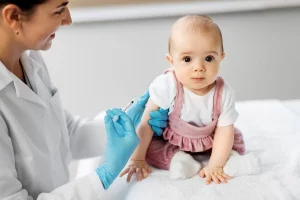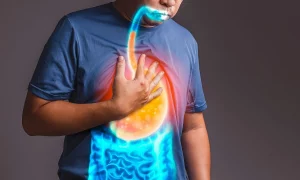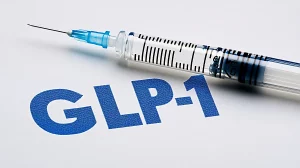Children with autism differ socially and developmentally from their typically developing peers. Now, researchers say there are also differences in their array of healthy gut bacteria or “microbiome.”
The findings may lead to earlier treatment for kids with an autism spectrum disorder, suggested the authors of a new small study.
The gut microbiome can vary according to where people live, but the findings show “for the first time that the gut microbiota of children with [autism] is abnormally developed and lags that of age-matched peers,” according to study author Siew Ng, of the Chinese University of Hong Kong, and colleagues.
Previous research has suggested that the gut microbiome may play a role in autism. And evidence suggests that the pathway between gut bacteria and the central nervous system (the gut-brain axis) has a strong effect on social behaviors.
To learn more, the authors of this study compared the microbiomes of 64 children with autism and 64 typically developing children in China. The children were aged 3 to 6 years.
The researchers assessed the range, volume and associated functions of bacteria in the children’s stool samples. They found that those with autism had a distinctive and underdeveloped range and volume of gut bacteria that isn’t related to diet.
Kids with an autism spectrum disorder had significantly fewer bacteria linked to neurotransmitter activity and five species of bacteria that aren’t typically found in the guts of children without the condition.
These differences were confirmed in a separate group of eight children with autism and 10 without, the study authors said.
The results were published online July 26 in the journal Gut.
The findings suggest that there may be a characteristic microbial profile for autism, which may enable early treatment of the condition, according to the authors. They added that extensive investigation is needed. Currently, there is no definitive test for autism spectrum disorder.
“As development of microbial communities within the [gastrointestinal] tract during childhood represents a critical window of human growth and health, shifts in the gut microbiota during early life development may have important functional roles in the [progression of autism spectrum disorder],” the authors said in a journal news release.
They added there may be a potential role for non-invasive prediction of autism based on fecal bacteria markers and age-related bacteria development profiles.
More information
The Autism Society has more on autism.
SOURCE: Gut, news release, July 26, 2021
Source: HealthDay
Copyright © 2025 HealthDay. All rights reserved.

















